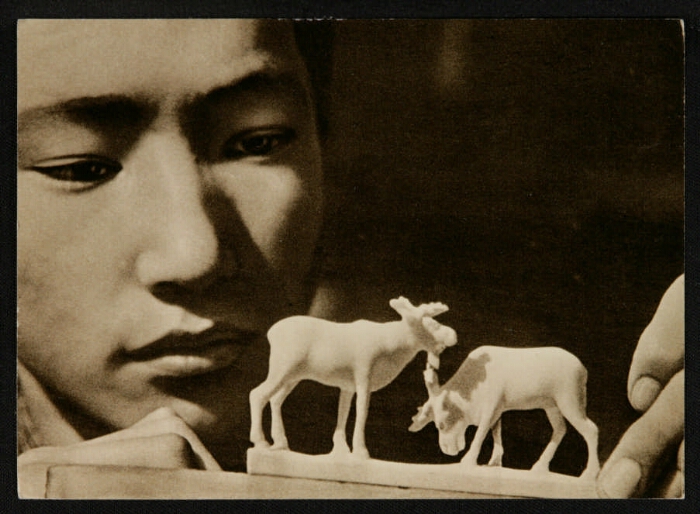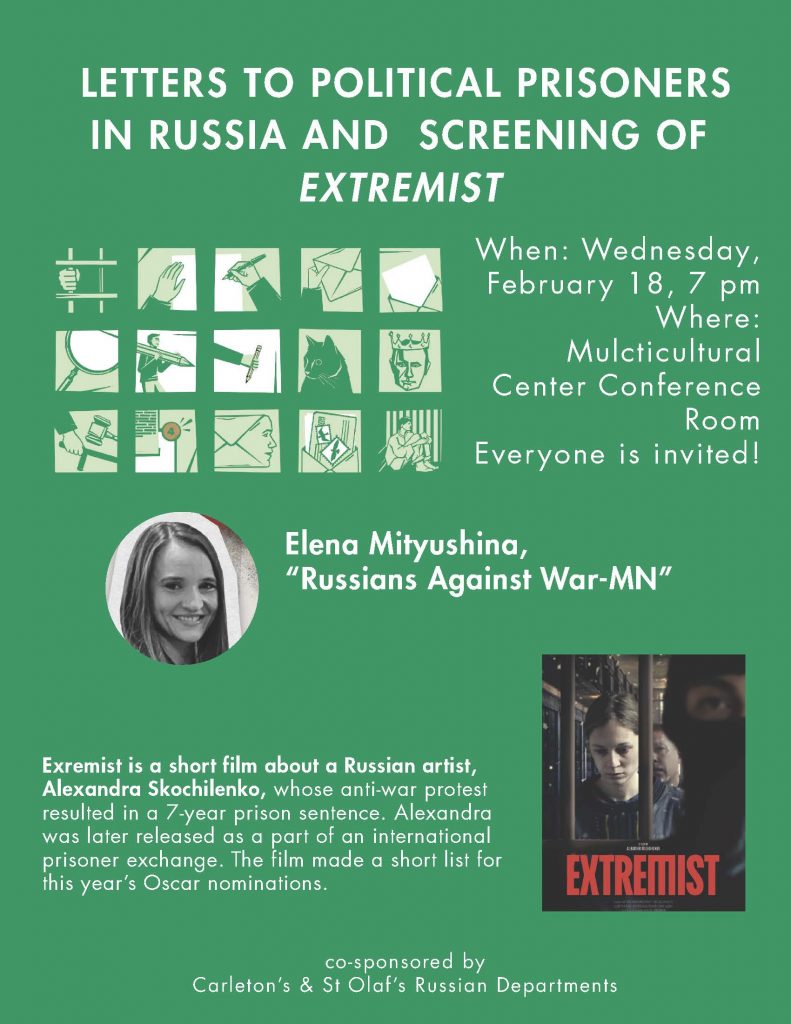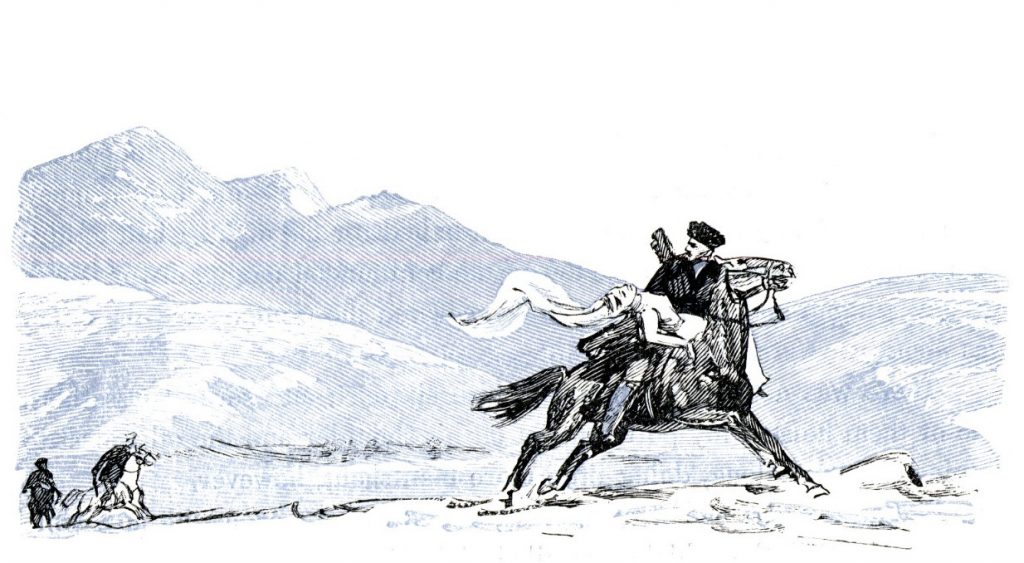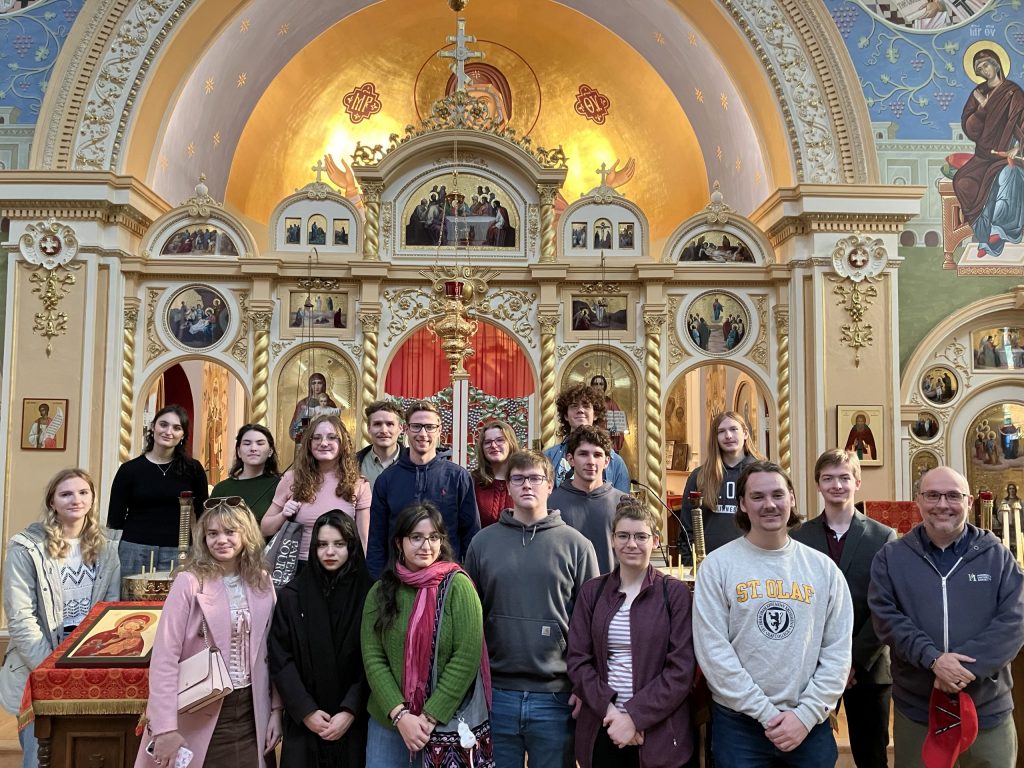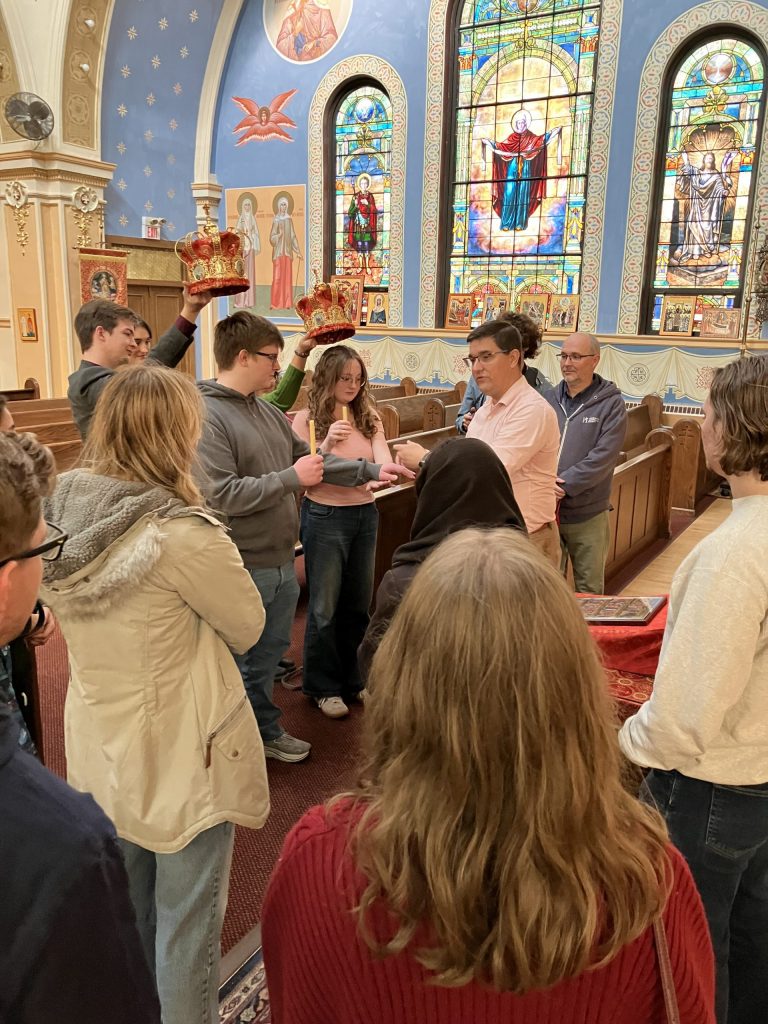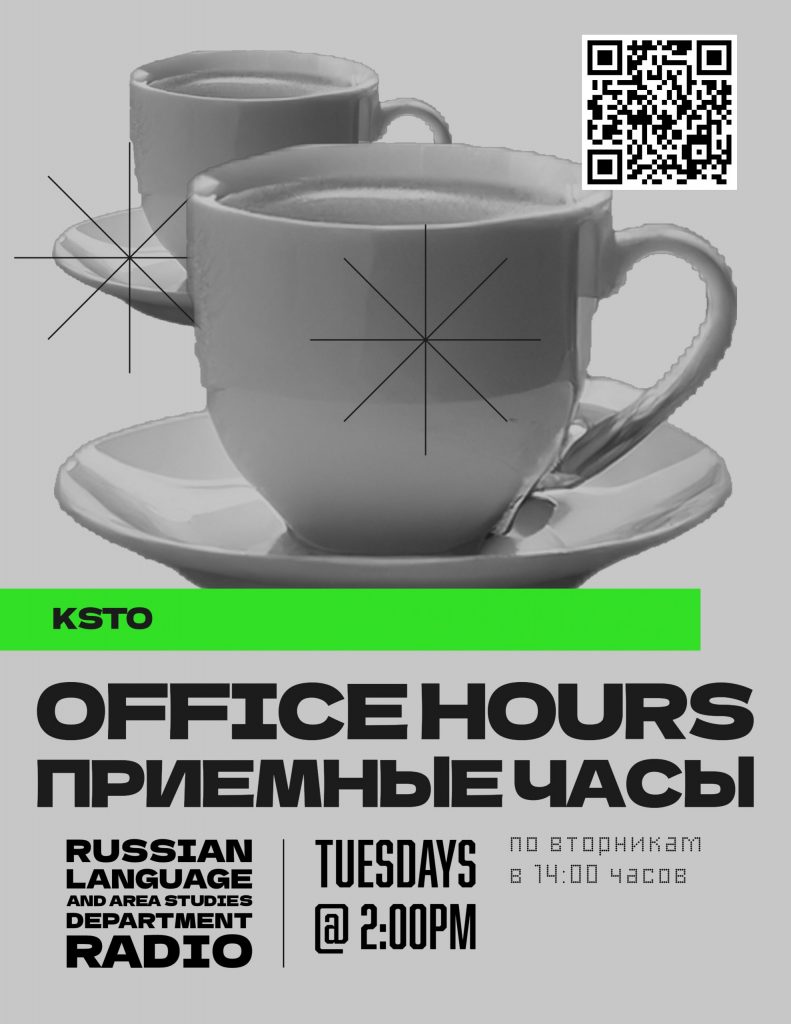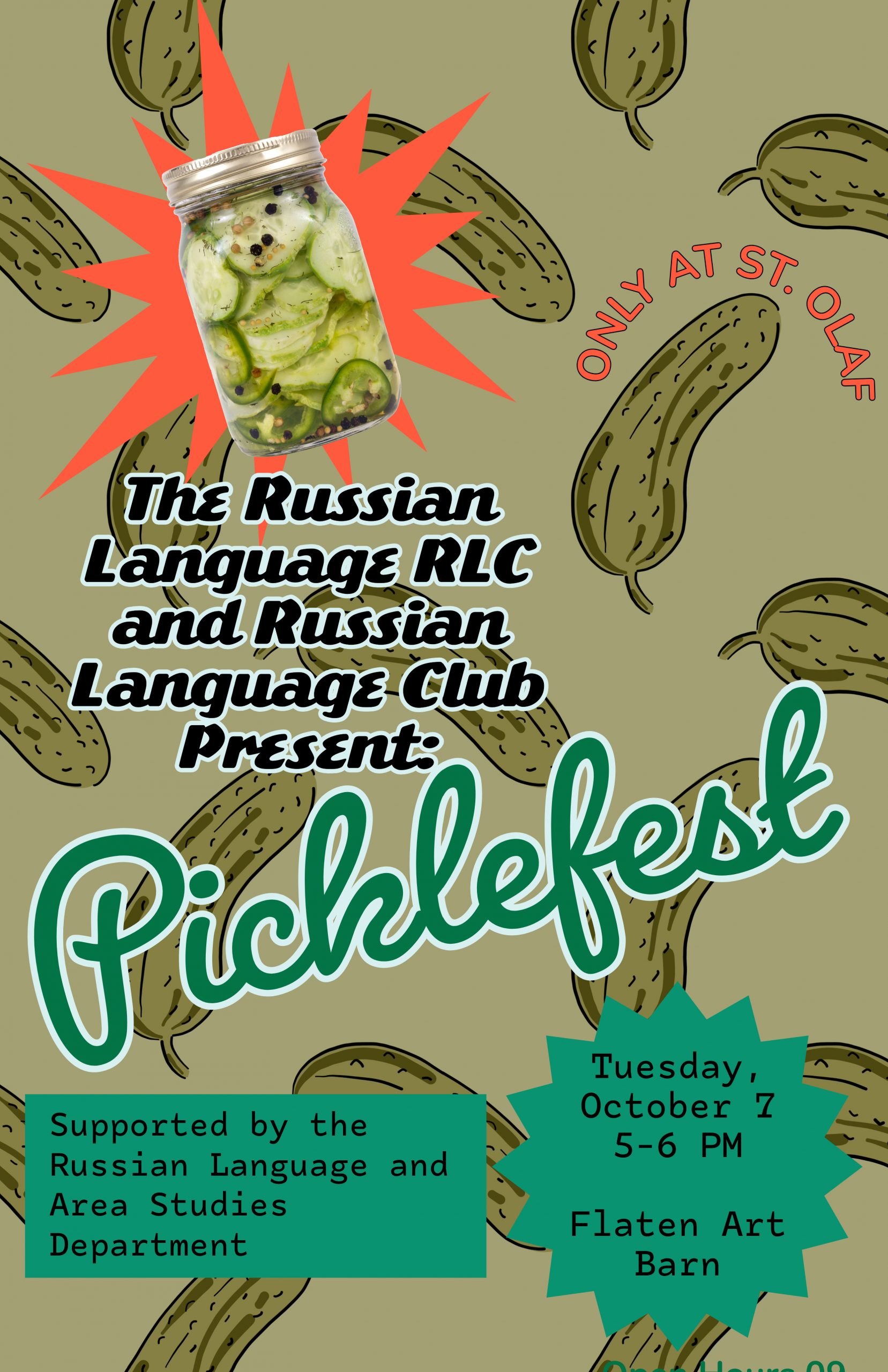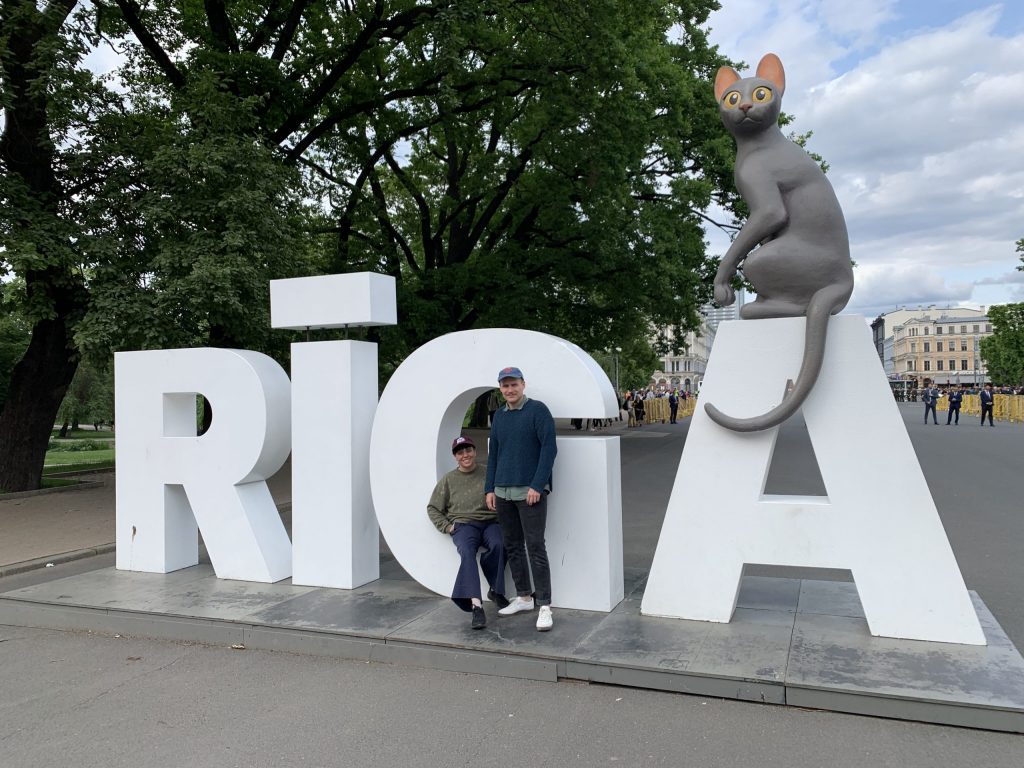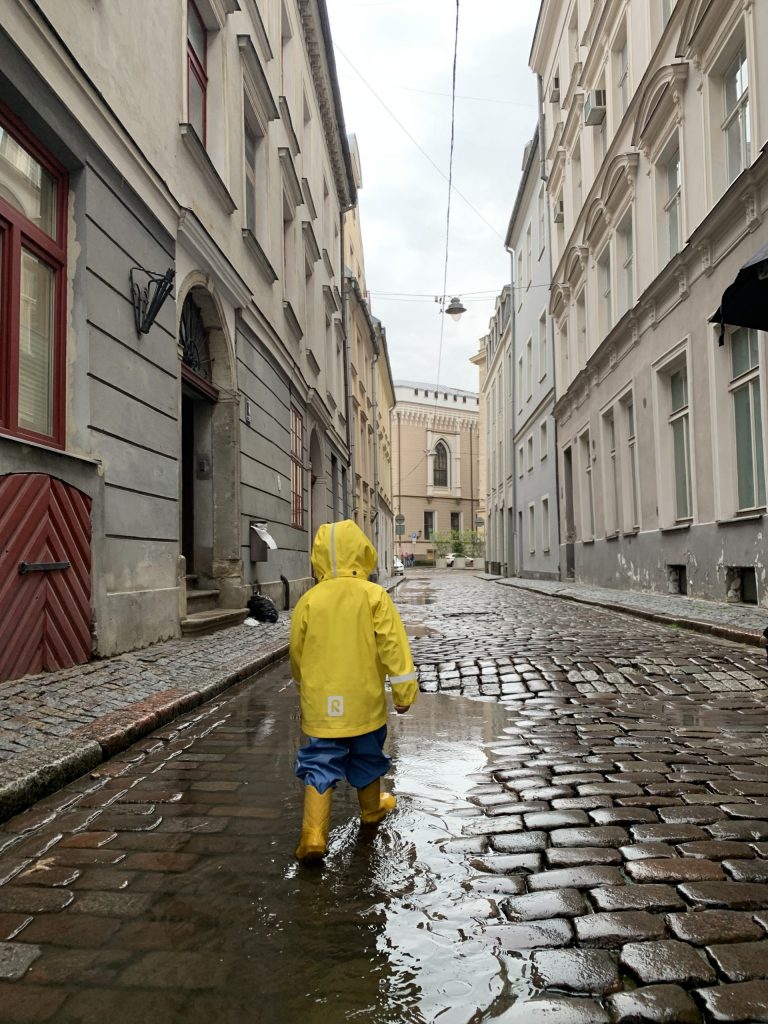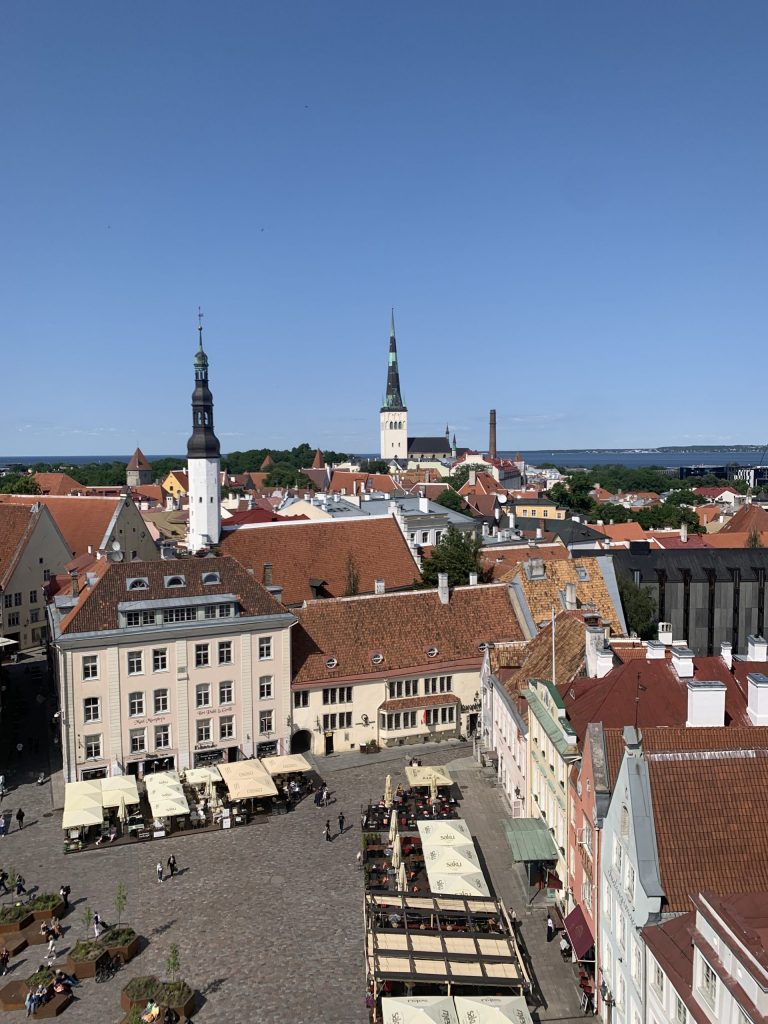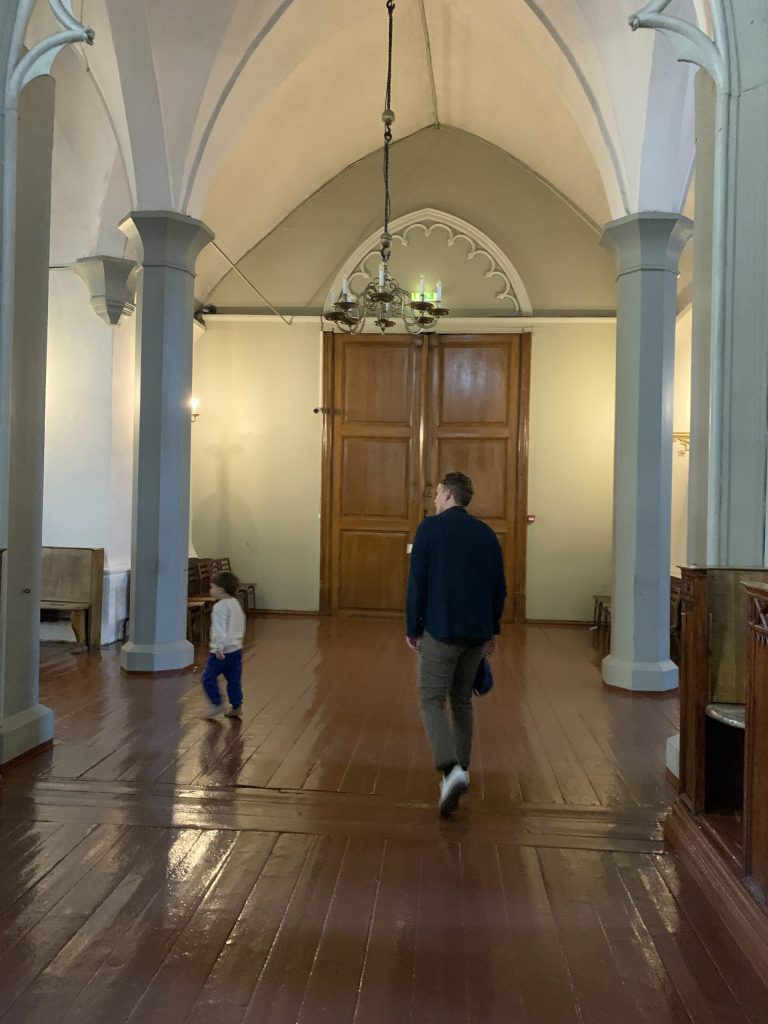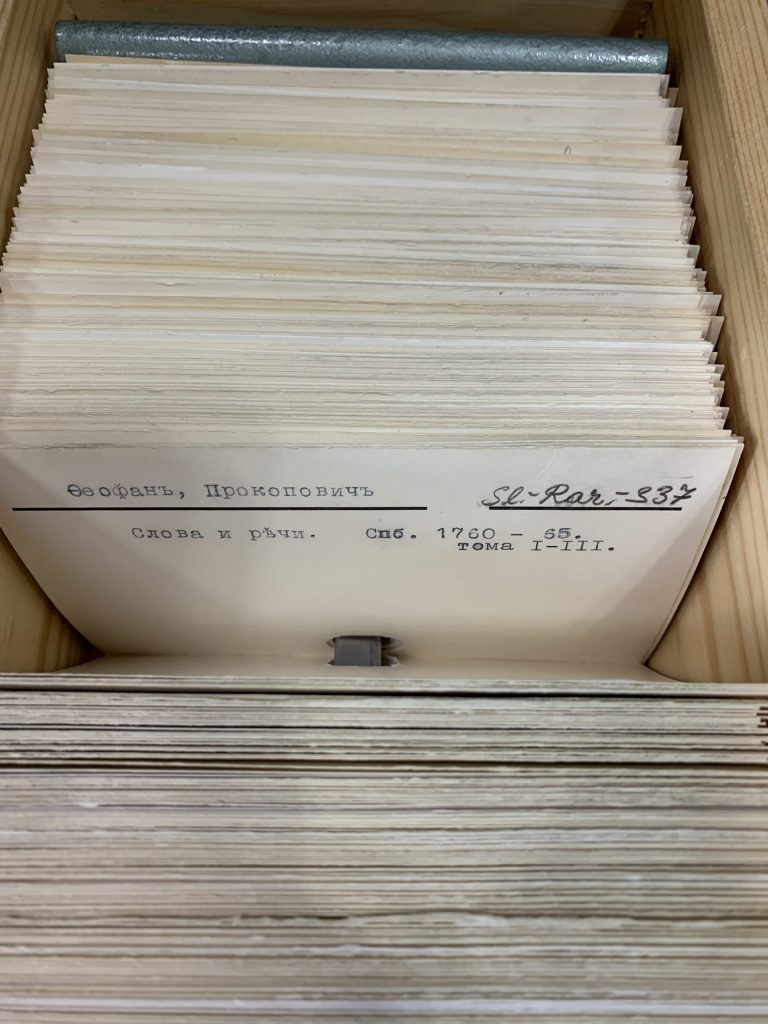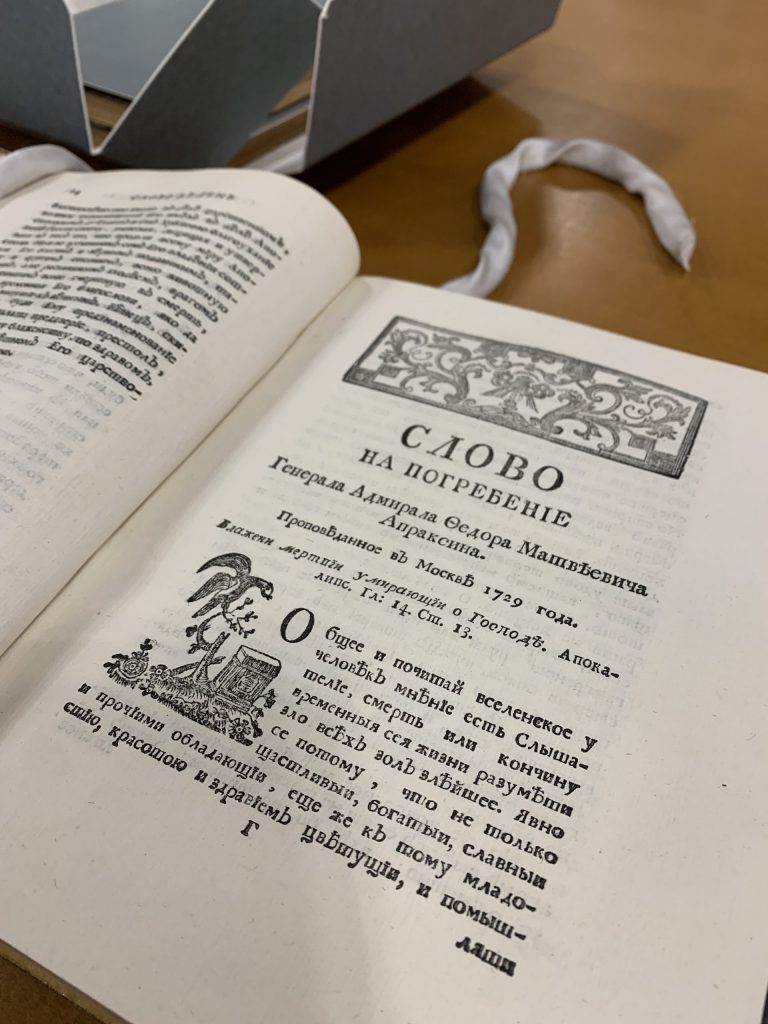Join GOLOS and the Russian Language and Area Studies department (RLAS) next week at one or more of the events marking four years of Russia’s full-scale invasion of Ukraine.
On Wednesday, we will hold a moment of silence for the victims of the Russo-Ukrainian war in the RLAS department space. In the evening, Anna Kolesnyk (’28) will lead an introduction to the Ukrainian language. Finally, on Sunday, March 1, we will screen a Ukrainian film, titled “Hunt for the Cossack’s Gold” (1993). See posters below for details.
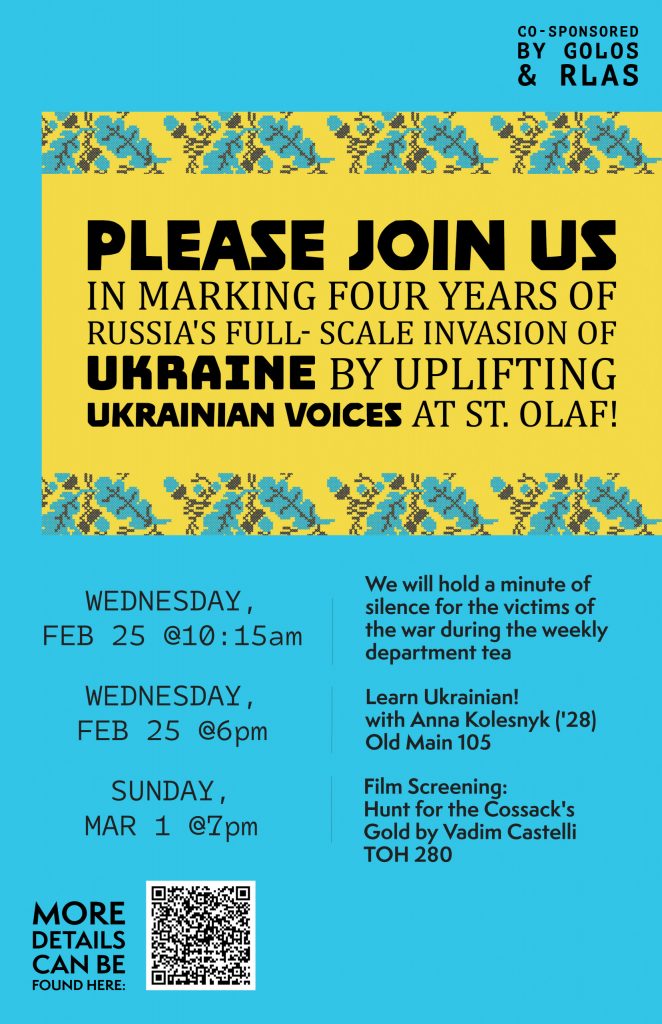
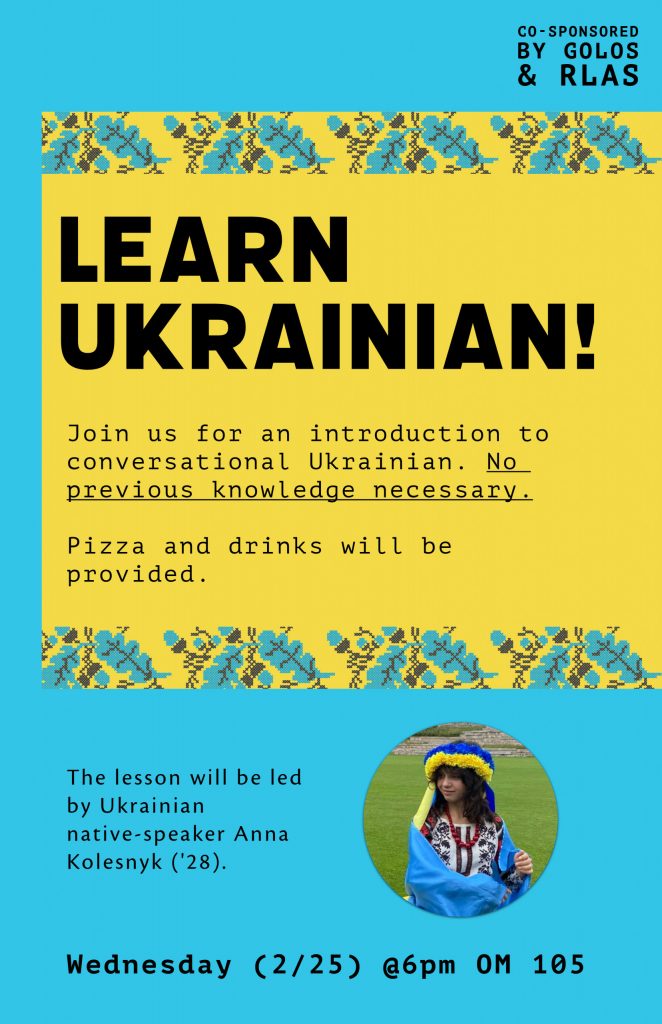
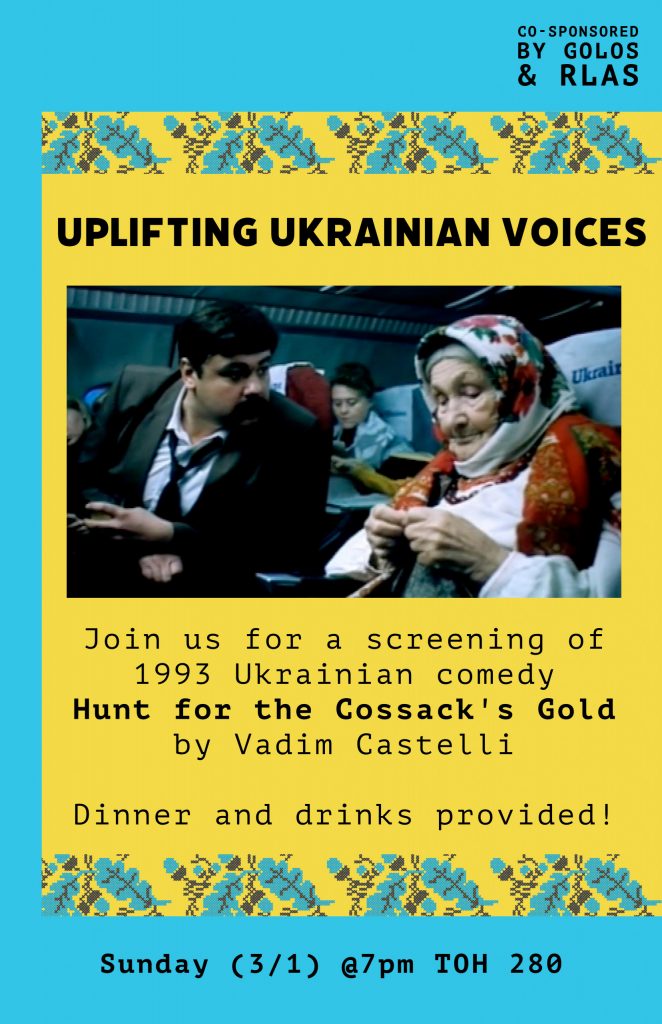
Links and Online Events:
CSIS: Four Years of War in Ukraine (Monday, Feb. 23 3:30pm EST)
Carnegie: Russia’s War Against Ukraine: Four Years and Counting (Tues, Feb. 24 10:00am EST, Registration Required)

